Does eating yeast cause yeast infections?
Does Eating Yeast Cause Yeast Infections?
If you suffer from frequent vaginal yeast infections, you may be wondering why it happens. Is it caused by your sexual practices? Maybe by intimate hygiene products you use? Or perhaps the things you eat?
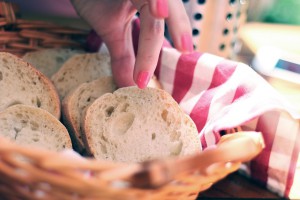
While there are many factors that can cause a vaginal yeast infection, in this article I’ll focus on whether eating yeast can cause yeast infections.
You may have heard your health practitioner advising you to cut down on your yeast intake to avoid yeast infections.
I think it comes from a presumption that all yeast are the same and if you ingest yeast, you enable the yeast that colonizes your body to thrive and breed. Turns out it’s not true at all, eating yeast doesn’t cause yeast infections, here’s why:
- Yeast infections are caused by Candida strains, such as Candida albicans or Candida glabrata. The yeast strain used in brewing beer and baking is usually Saccharomyces cerevisiae and they’ve got no effect on Candida whatsoever. So eating yeasty foods, such as bread or beer, cannot trigger Candida infections.
- What’s more, yeast in baked foods, such as bread or cakes, is already dead and therefore inactive. Yeast cells die at the temperature of 130° F–140° F (55° C–60° C) while bread is usually baked when the internal temperature reaches 200 F or 100 C.
- However, if you want to avoid a yeast infection, you should still avoid drinking beer. It’s not because of the yeast it contains, but because of alcohol. Alcohol can upset friendly bacteria balance in your body, making you more vulnerable to yeast infections.
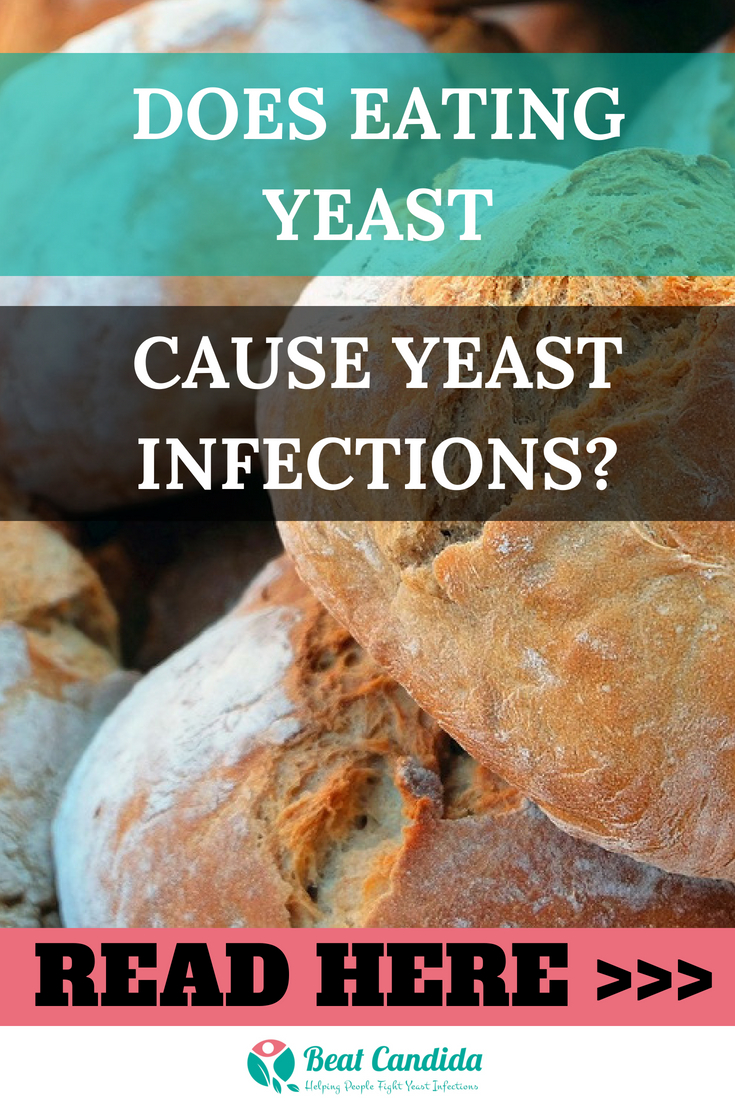
Nutritional Yeast Offers Many Health Benefits
Another reason why you shouldn’t try to ditch nutritional yeast from your diet are the health benefits it offers:
- 2 tablespoons of nutritional yeast provide 52% of the recommended daily amount of protein.
- It’s packed with nutrients, high in fiber, B vitamins, and folic acid.
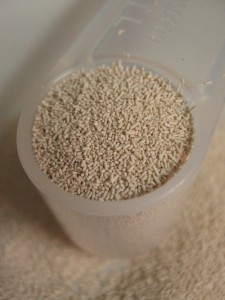
- Beta-glucans found in nutritional yeast stimulate the body’s immune system. They are also able to lower LDL cholesterol levels.
- Studies show that beta-glucans can prevent tumor formation and the development of cancer.
What substances should you avoid to lower the risk of a yeast infection?
If you want to prevent a vaginal yeast infection, make sure you steer clear from:
- Caffeine: Foods that contain caffeine (such as coffee or chocolate) can heighten your cortisol levels. If cortisol levels stay high for a prolonged period of time, it can weaken your immune system making you more prone to infection.
- Alcohol: Alcohol disrupts your bacterial flora causing friendly bacteria to die making you more susceptible to infection. In the absence of friendly bacteria (probiotics) Candida has perfect conditions to thrive. You can counteract the damaging effect of alcohol on your bacterial flora by taking probiotic supplements or using vaginal probiotic suppositories.
- Sugar: Studies show that eating sugar can cause heightened levels of sugar in the vaginas of women suffering from impaired glucose tolerance. Sugar provides nutrition to Candida making it easier for the yeast to thrive and spread. If you suffer from recurring yeast infections, it’s worth checking your glucose tolerance.
- Antibiotics: While killing harmful bacteria, they also cause friendly bacteria to die, creating perfect conditions for Candida to colonize your vagina and transform into a full-blown yeast infection in no time. To counteract the effect of antibiotics on your vaginal flora, take antifungal medication during your treatment as a preventative measure and use probiotic supplements during and at least a week after your antibiotic treatment is finished.
What’s the Best Way to Treat a Yeast Infection?
One of the most effective over the counter medications for vaginal yeast infection is boric acid. Boric acid suppositories have got a very potent antifungal and antibacterial effect. They’re able to treat even chronic yeast infections that are difficult to treat with conventional medications.
Apart from that, boric acid suppositories are totally natural and safe.
On Amazon, there are many different brands offering boric acid suppositories, but I always recommend BoriCap. Their suppositories contain finely ground boric acid powder to reduce the risk of irritation and if you order before 2 pm they’ll ship it on the same day.
For many women boric acid suppositories are a life saver, you can check the reviews on Amazon. Be sure to try it!
Conclusion
There is a lot you can do to prevent a vaginal yeast infection, but cutting down on yeast is not one of them. By boosting your immune system and providing nutrients it can actually protect you against yeast infections and all other kinds of infections you may experience when your defenses are low. So keep enjoying yeast-rich foods and stay healthy.
If you’ve got any questions or comments, please don’t hesitate to share them in the comment section below.

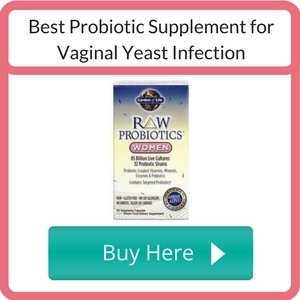
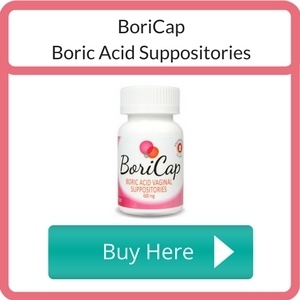
Great article and presentation, some of which I was aware of. Because of other interests, I’m familiar with lots of supplements but haven’t done much with probiotics. It’s interesting how much protein yeast provides. What are some other benefits derived from taking probiotics, other than boosting your immune system? Is one brand of probiotic the same as the next?
Hi Bill, thank you for commenting. When it comes to choosing the best probiotic supplement I follow the following criteria: high number of probiotic strains (the more strains the higher the possibility of successful colonization), a high CFU count (some probiotic supplements offer 5 billion while other offer as much as 85 or 90 billion). I also choose probiotic supplement brands that invest in clinical research to prove the effectiveness of their products and publish the results on their website.
As a male of course I haven’t the slightest clue as to why this happens to women but as a husband I know I have seen and witnessed its frustration on a woman’s whole daily function. I read an article asking the question “does eating yeast give you a yeast infection in another forum. It seems to be a valid argument among women and seems to be somewhat a urban myth to some.. what does the masses say?
Hi Boogi, it is a common misconception that eating yeast can give you a yeast infection (not only a vaginal yeast infection!), I even got this advice from my gynecologist and I often hear it from other women. Fortunately, turns out it’s completely safe to enjoy a sandwich or a piece of cake from time to time. Thanks for stopping by!
Hi Kams,
This is a very helpful article, I was really absorbed by the reading since I suffer from yeast infections for years now! I was sick last week and the doctor prescribed me antibiotics, I usually avoid antibiotics, but this time I didn’t have the choice and what had to happen, happened:) I got a yeast infection again, so here I am today! I am so happy to have discovered your website, there are so many interesting and useful articles. I am going to follow your suggestions and I will start by taking some probiotic supplements.
Thank you for this awesome blog!
Thanks for commenting Daniella. It’s so easy to get a vaginal yeast infection while on antibiotics, taking probiotic supplements will help a lot, you could also try vaginal probiotics to provide friendly bacteria directly to where you need them most. It’s also good practice to take one pill of Fluconazole weekly during your antibiotic treatment.